
This is my seventh post about implementing reading workshop in the primary classroom. In my first post, click HERE to read, I introduced what reading workshop is and benefits of using this approach to teach reading in your classroom. In my last post, click HERE to read, I wrote about the role of the teacher during reading workshop.
Today, I will specifically talk about how to use assessments during reading workshop.
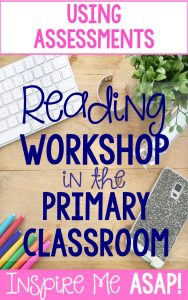
Background info….My district uses standard based progress reports at the conclusion of first, second, and third quarter. At the end of the school year, fourth quarter, students receive a final report card. The report card indicates how well the student is attaining the content required to master skills in line with the Common Core State Standards. For grades 1-5, the English Language Arts portion of the report card breaks down into into three categories: Foundational Skills, Literature and Informational Text, and Writing.
The Common Core State Standards dictate WHAT teachers need to teach, not HOW to teach. I am passionate about using an independent reading workshop approach to teach ELA, so I use this approach for my overall reading block. The mini-lessons that I teach at the start of reading workshop come from the Common Core State Standards. (If you missed my blog posts about Mini-lesson Musts, read about it here: Reading Workshop Mini-Lessons.)
I plan my instruction for the school year into different units, in which each unit includes different mini-lessons based on the CCSS for my second graders. The different units I teach are as follows:
Throughout a reading workshop unit of instruction, I use different checklists to assess how my students are progressing with the standards. I use these checklists as formative assessments to guide my instruction.
The picture below is from when I taught my Informational Text Features unit. The checklist has the anchor standard at the top of the paper. In the picture below, the standard is RI 2.5- Know and use various text features to locate key facts or information in a text efficiently. I then break down this CCSS into different skills that the students must be able to do: identify table of contents, identify photograph and caption, identify index, identify words in bold/italics/highlighted, identify subheadings, and identify charts/tables/graphs/maps. These skills make up my mini-lessons for the unit.
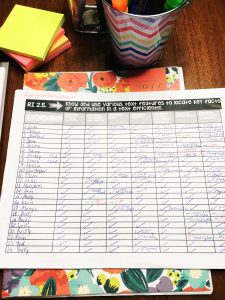 For example, I will spend several days teaching about words that are in bold, italics, or highlighted, and teach how these words are also found in the glossary. By showing the connection between the bold words and the glossary, I am actually touching on two skills for this CCSS. My students then apply what skill I taught during the mini-lesson to their independent work time. On their own, students are using their own informational text to find examples of words in bold.
For example, I will spend several days teaching about words that are in bold, italics, or highlighted, and teach how these words are also found in the glossary. By showing the connection between the bold words and the glossary, I am actually touching on two skills for this CCSS. My students then apply what skill I taught during the mini-lesson to their independent work time. On their own, students are using their own informational text to find examples of words in bold.
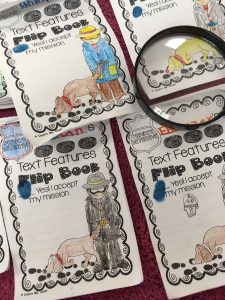
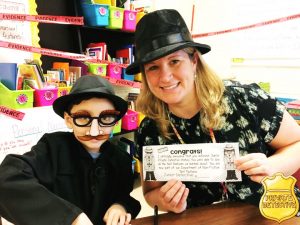
I individually assessed each student one-on-one for each of the skills I taught. I assessed a few students a day, and this took the place of my reading groups for the week. One at a time, I met with each student and asked them to point out different features of informational text. When my students were successful with identifying each feature, they officially earned their text features badge!
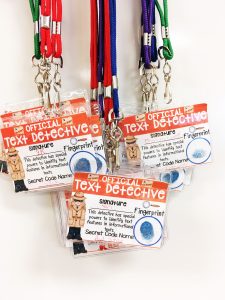
For students who did not successfully point out the text features, their detective status was put on hold. They practiced with their reading partner and a few days later I called them back for another conference, or opportunity for me to assess their progress. All of my 22 students were able to successfully meet this standard. However, some students needed more support than others. For example, some students used our anchor chart as a reference to the text features. Other students looked back to their own text features flip book for guidance. “Used anchor chart for help,” and “Used his flip book,” were some of the observations and notes that I wrote down on my checklist. I refer back to these notes when I have to give a report on a student in RIT meeting, a conference, or for a report card.
Let’s look at another unit of study that I used in my second grade classroom- book clubs! In the picture below, you see the second grade CCSS at the top of the checklist: Literacy.SL.2.1. Participate in collaborative conversations with diverse partners about grade 2 topics and texts with peers & adults in small and larger groups. I use book clubs as my primary way to teach these skills and assess this standard.
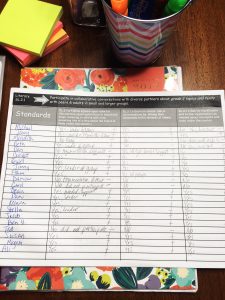
Check out these Speaking and Listening Standards (for second grade) and look out how effectively book clubs teach these standards:
Follow agreed-upon rules for discussions (e.g., gaining the floor in respectful ways, listening to others with care, speaking one at a time about the topics and texts under discussion).
Build on others’ talk in conversations by linking their comments to the remarks of others.
Ask for clarification and further explanation as needed about the topics and texts under discussion.
As my students are meeting with their book club, I am walking around and checking in with each group, giving them guidance or feedback as needed. Mostly, my job is to “just” listen in and let the students take the lead. (To read more about the teacher’s role during book clubs, click here.) It is during this time that I informally use my checklist to make notes about what I observe- what I hear my students say and what I see my students do, as evidence to growth of the standards.
After a round of book clubs, my students fill out a self-reflection rubric, where they have the opportunity to assess their own learning and participation with book clubs. In my blog post about using assessments with book clubs, I write about other ways that I assess my students. Using anecdotal records, book club rubrics and reflections, and formative assessments checklists, and book club booklets are some of the strategies I write about. 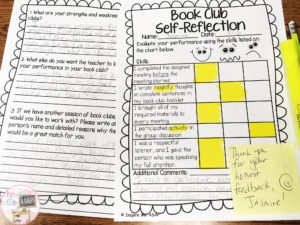
I wrote an entire blog post series about implementing book clubs into my primary classroom. You can learn about what book clubs look and sound like, how they differ from literature circles, how to hold your students accountable, and how to get them successfully up and going in your classroom, by clicking HERE, or on the picture below.
My district requires that we give common assessments, which is another way that I formally assess my readers. A common assessment means that all second graders in the entire district take the same reading test- a second grade leveled text (fiction and nonfiction) with comprehension questions. The data is gathered and reported out to teachers. A portion of our evaluation is based on the growth that my students make on these common assessments. (That is a whole other blog post topic, by the way!) These assessments are one way to assess my readers and their growth with the rigorous CCSS.
I actually created my animal articles reading passages and comprehension questions as a way for my students to have practice with reading grade level passages and using the text to answer questions about what they read. I needed a resource which helped my students practice reading a non-fiction article and then answering questions about what they read, by finding evidence in the text.
When I meet with my guided reading groups, I have the students read one of the animal articles independently. After reading the article, we practice reading the questions and then going back to the text to find evidence for the answers. The students use their crayons (a different color for each question) to highlight where they found the answer in the article.
As I meet with students in small reading groups, I write anecdotal notes about their progress on my checklists.
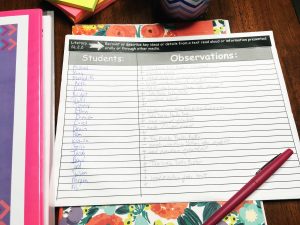
I have one more example to share with you. One of the ELA CCSS is as follows:
CCSS.ELA-LITERACY.RI.2.1
Ask and answer such questions as who, what, where, when, why, and how to demonstrate understanding of key details in a text.
Below is a picture of the anchor chart I created when teaching this lesson. I taught a mini-lesson about how to ask and answer questions from the text, which was one of the non-fiction animal articles. Prior to this mini-lesson, I taught other mini-lessons about how to ask questions before, during, and after reading. In this particular mini-lesson, my focus was on asking AND answering questions. I explicitly modeled how to do this during the explicit teaching part of the mini-lesson. My students were then given a yellow and blue notecard. On the yellow notecard, the student wrote a question that had, using the text as the basis for their question. On the blue notecard, the student wrote the answer to their question, using the text as evidence.
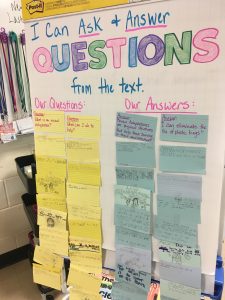
I was able to use this lesson as evidence to assess how my students on this CCSS. Below is an example of the checklist for this CCSS.
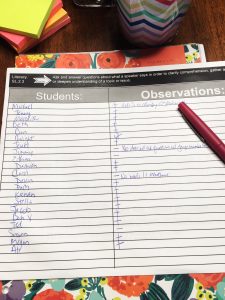
Are you are looking for ELA checklists to use in your classroom, check out my resource, Common Core State Standards for ELA, below.
I currently have ELA checklists for Second Grade, Third Grade, and Fourth Grade.
To purchase the CCSS checklists for ELA for SECOND Grade, on my Teachers Pay Teachers Store, click here: Second Grade CCSS Checklists
Save 10% by purchasing the Second Grade CCSS Checklists directly from my website:
To purchase the CCSS checklists for ELA for THIRD Grade on my Teachers Pay Teachers Store, click here: Third Grade CCSS Checklists
Save 10% by purchasing the Third Grade CCSS Checklists directly from my website:
To purchase the CCSS checklists for ELA for FOURTH Grade on my Teachers Pay Teachers Store, click here: Fourth Grade CCSS Checklists
Save 10% by purchasing the Fourth Grade CCSS Checklists directly from my website:
What questions do you have for me about using assessments for reading workshop? Let me know! In the meantime, check out my previous posts about implementing reading workshop in your primary classroom!
What to learn more about Reader’s Workshop?
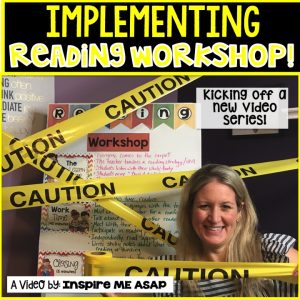
Check out my video series by clicking on the links below!
View my videos on my Teachers Pay Teachers Store: Readers Workshop Video Series
View my videos on my YouTube Store: Reading Workshop Video Series
Reading Workshop in the Primary Classroom Blog Post Series
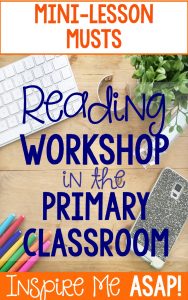
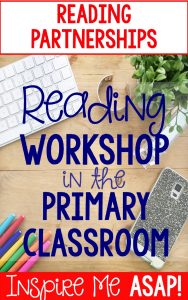
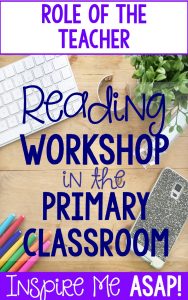

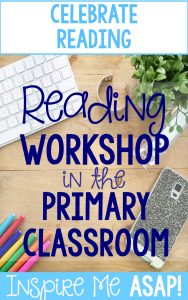
Looking for resources to help you implement reading workshop in your classroom? Check out my units of study below!
Units included in my Reading Workshop bundle:
Unit 1, Implementing Reading Workshop in your Primary Classroom
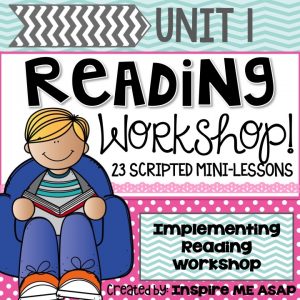
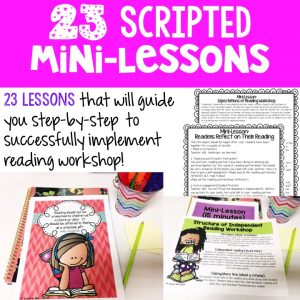
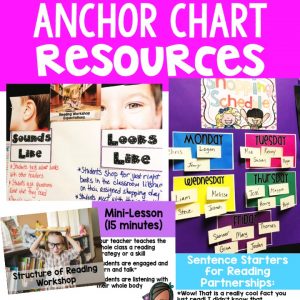
Unit 2, Reading Workshop: Reading is Thinking
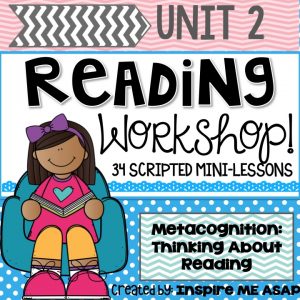
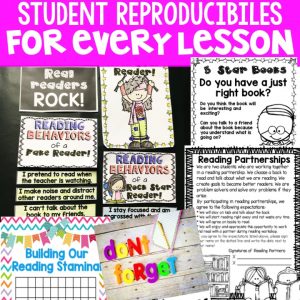
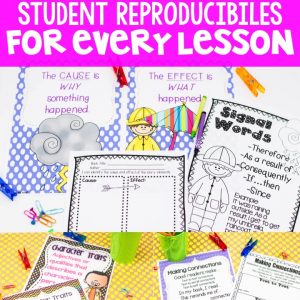
Unit 3, Implementing Reader’s Notebooks
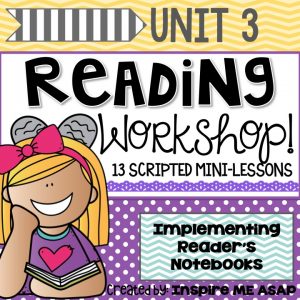
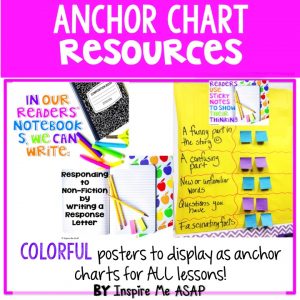
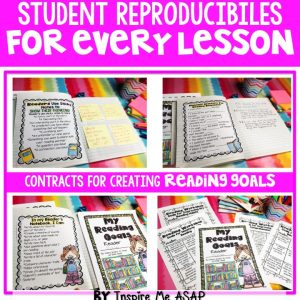
Unit 4, Informational Text Features
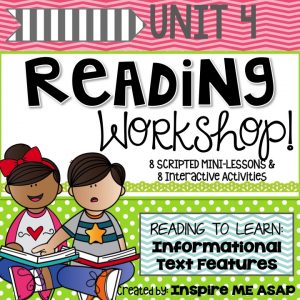
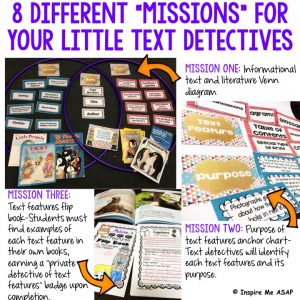
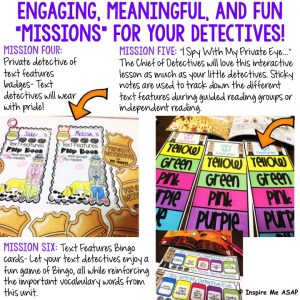
Unit 5, Character Study Unit
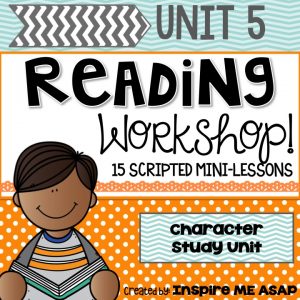
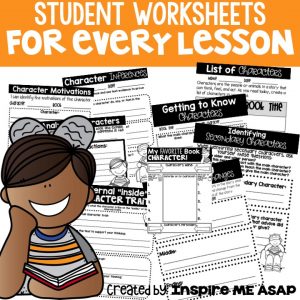

Unit 6, Dive Deep with Book Clubs
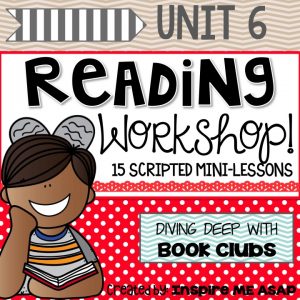


You can purchase the BUNDLE on my Teachers Pay Teachers store by clicking HERE.
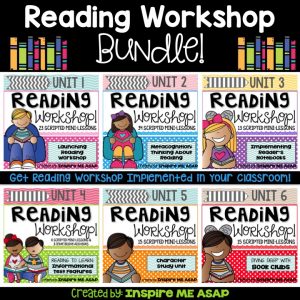
Save 10% by purchasing this bundle directly from my website.


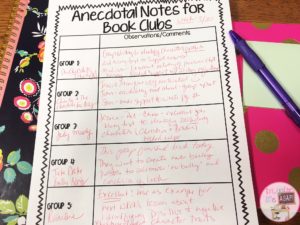
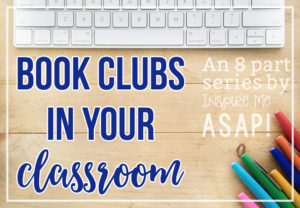
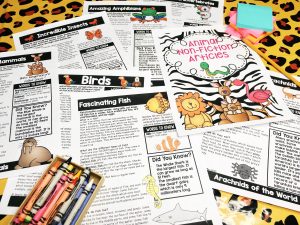
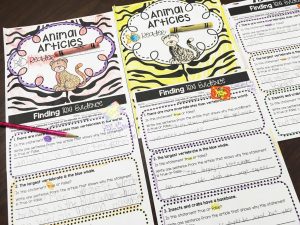



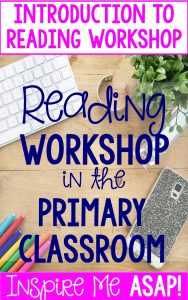
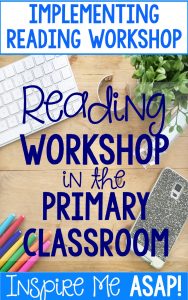
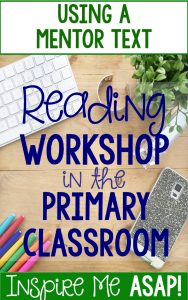

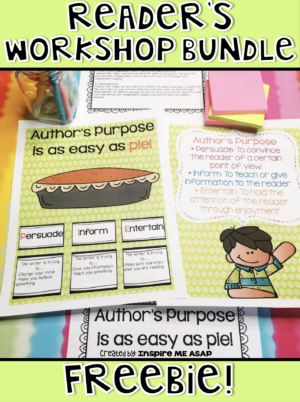

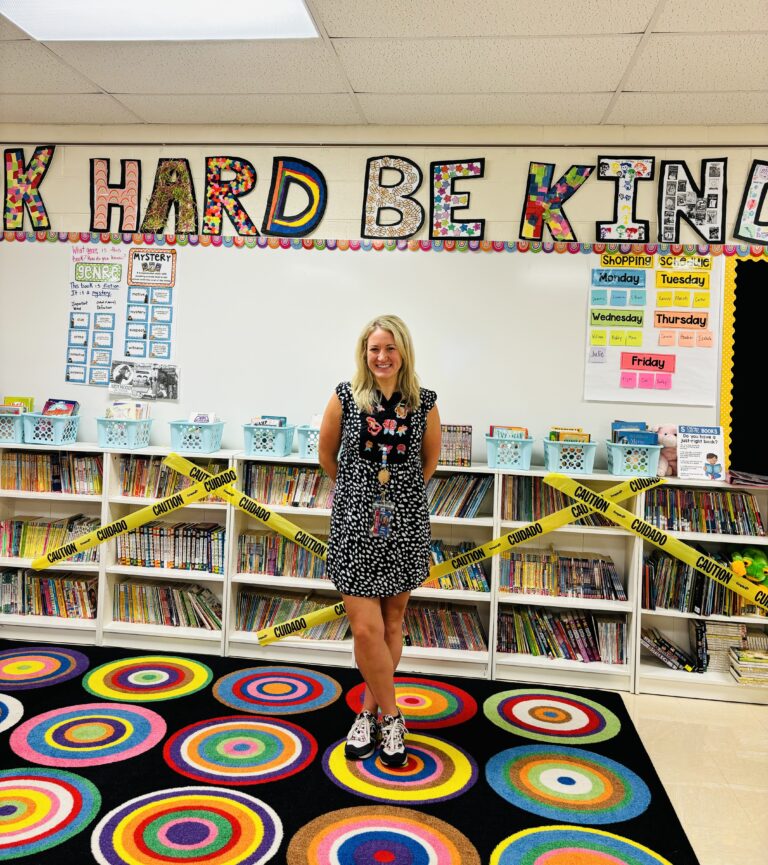



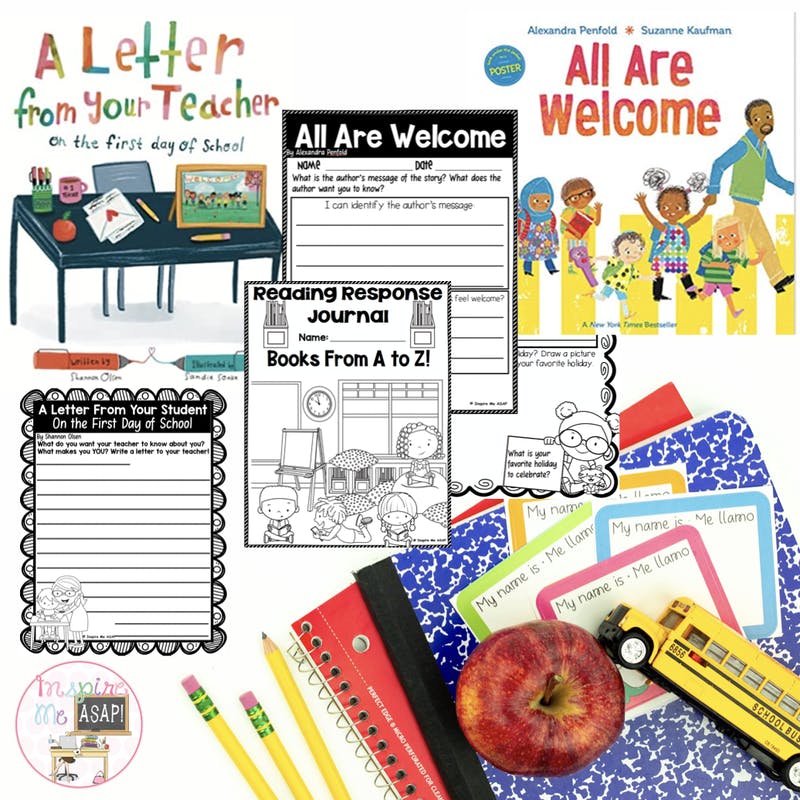
4 Responses
I love the CCSS checklists! I would love to have them for second grade. Are they available in your Reading Workshop units? Are they available separately? I’d love to buy them!
Hello Lisa,
Thank you for your message and your kind words! I will upload the second grade checklists to my website (and my TPT store) hopefully by the end of today! THank you for your interest! If you are not already following me on TPT, make sure you are doing so, as you will then know when I upload the resource.
Thanks again, Lisa!!!
Melissa :)
Awesome! I will keep my eyes open. I have followed you for years and I’m glad to be moving back to second grade so I can use all of your products that I’ve bought over the years. I will definitely be adding the checklists!
Lisa, that makes my day! Thank you for your kind words!!! :) The resource is added to my TPT shop and website if you are still interested :)
TPT: https://www.teacherspayteachers.com/Product/Common-Core-State-Standards-ELA-Checklists-for-Second-Grade-3847626
My Website: https://inspiremeasap.com/shop/rockin-reading-workshop/common-core-state-standards-ela-checklists-for-second-grade
Thank you! :)